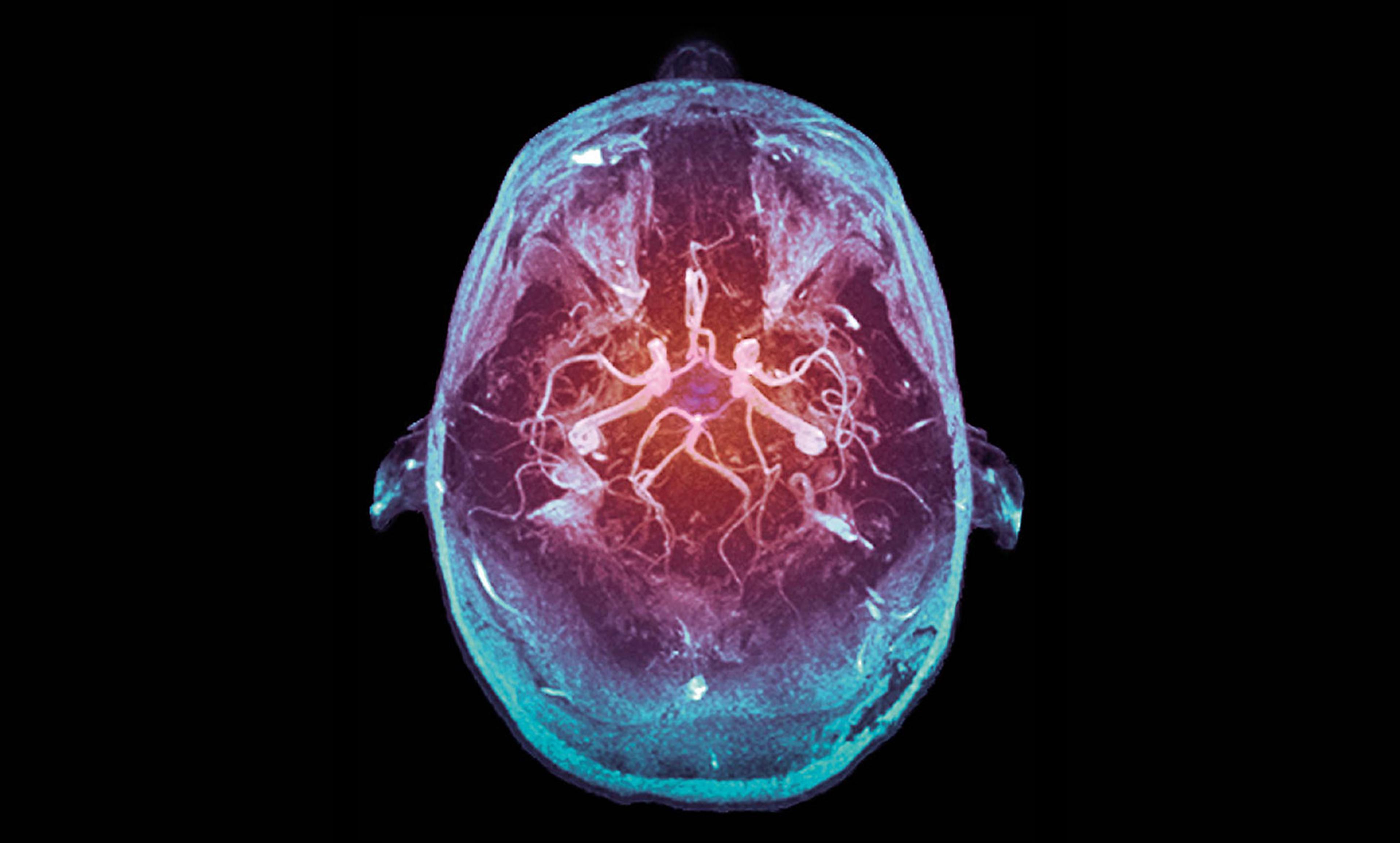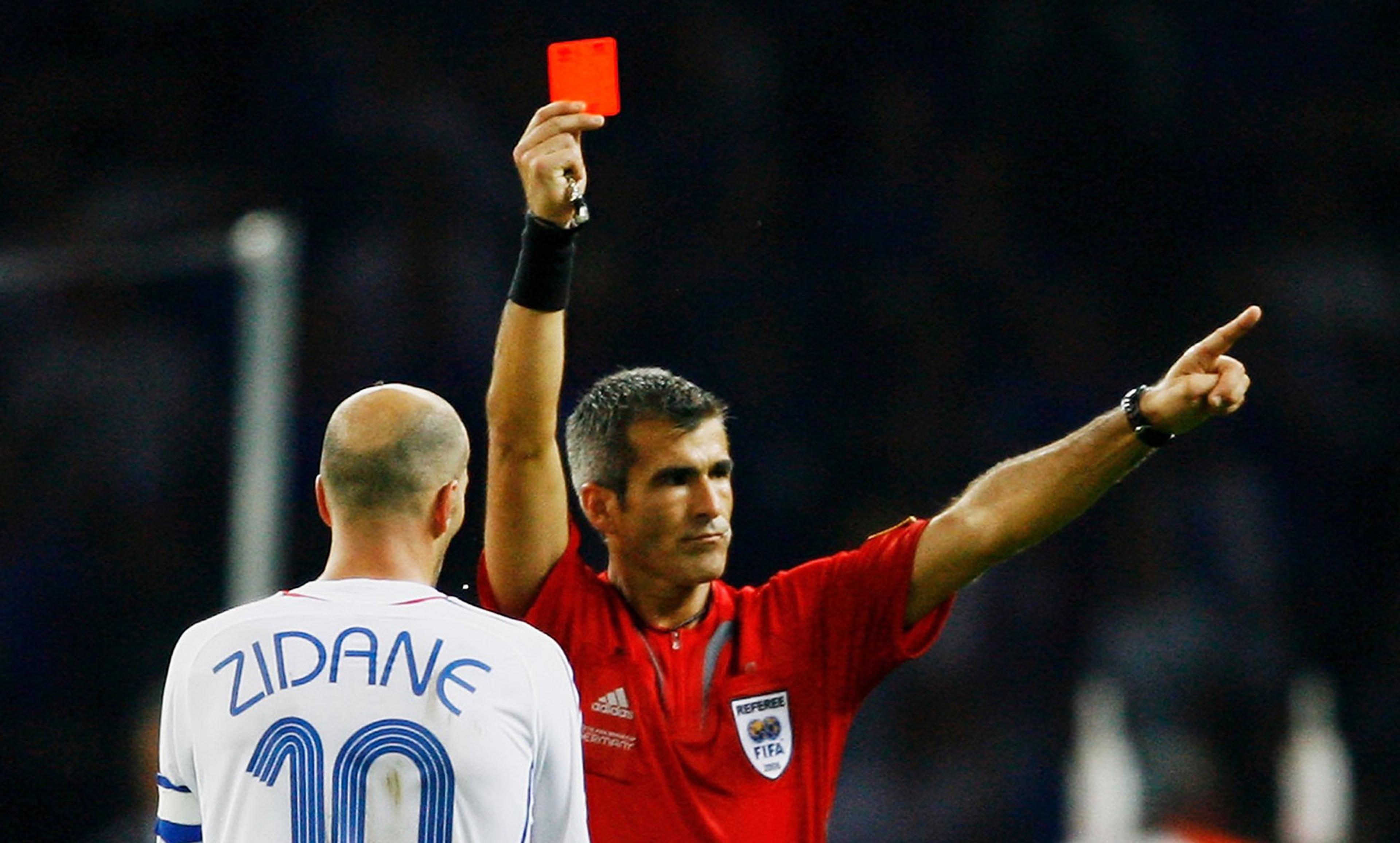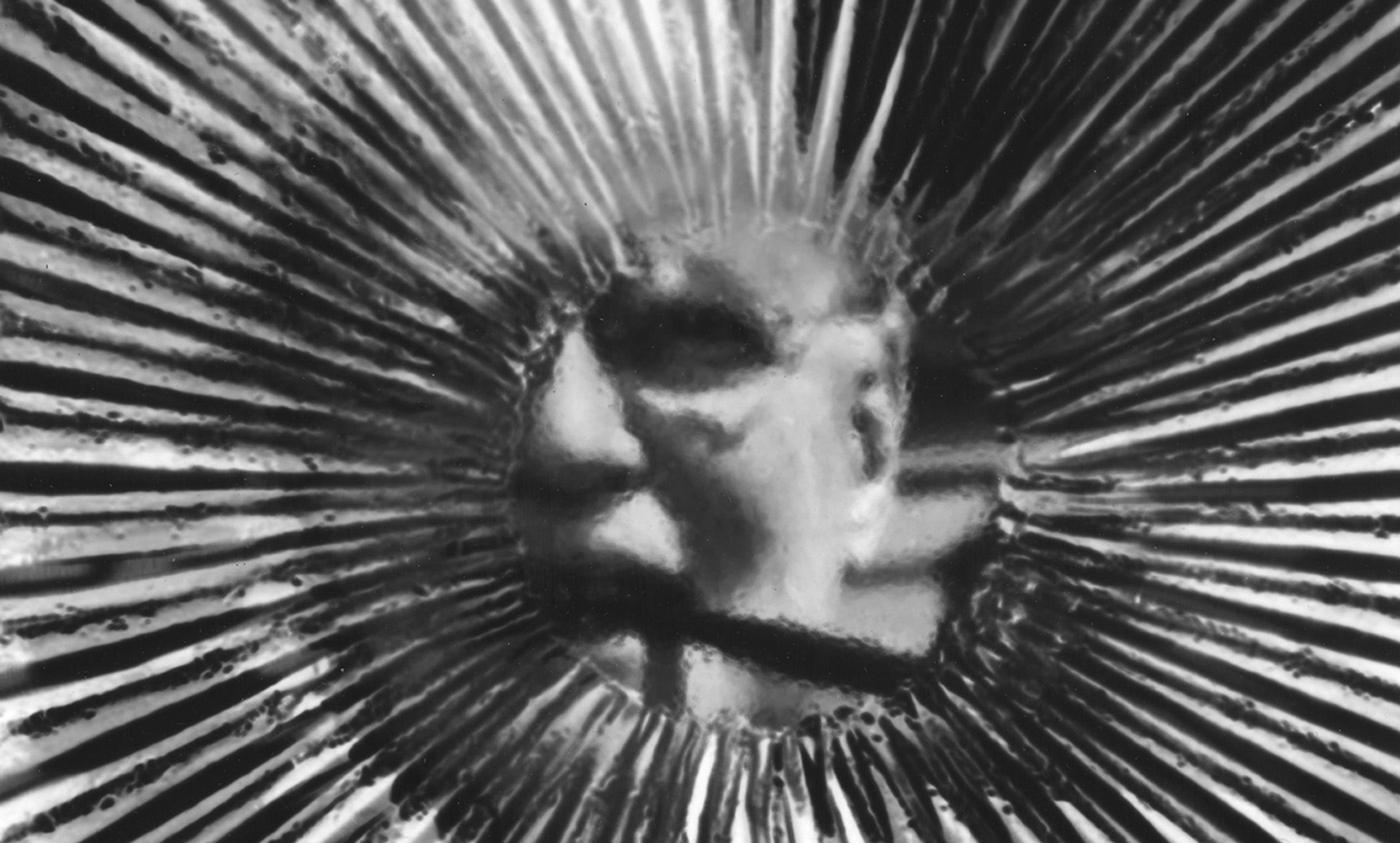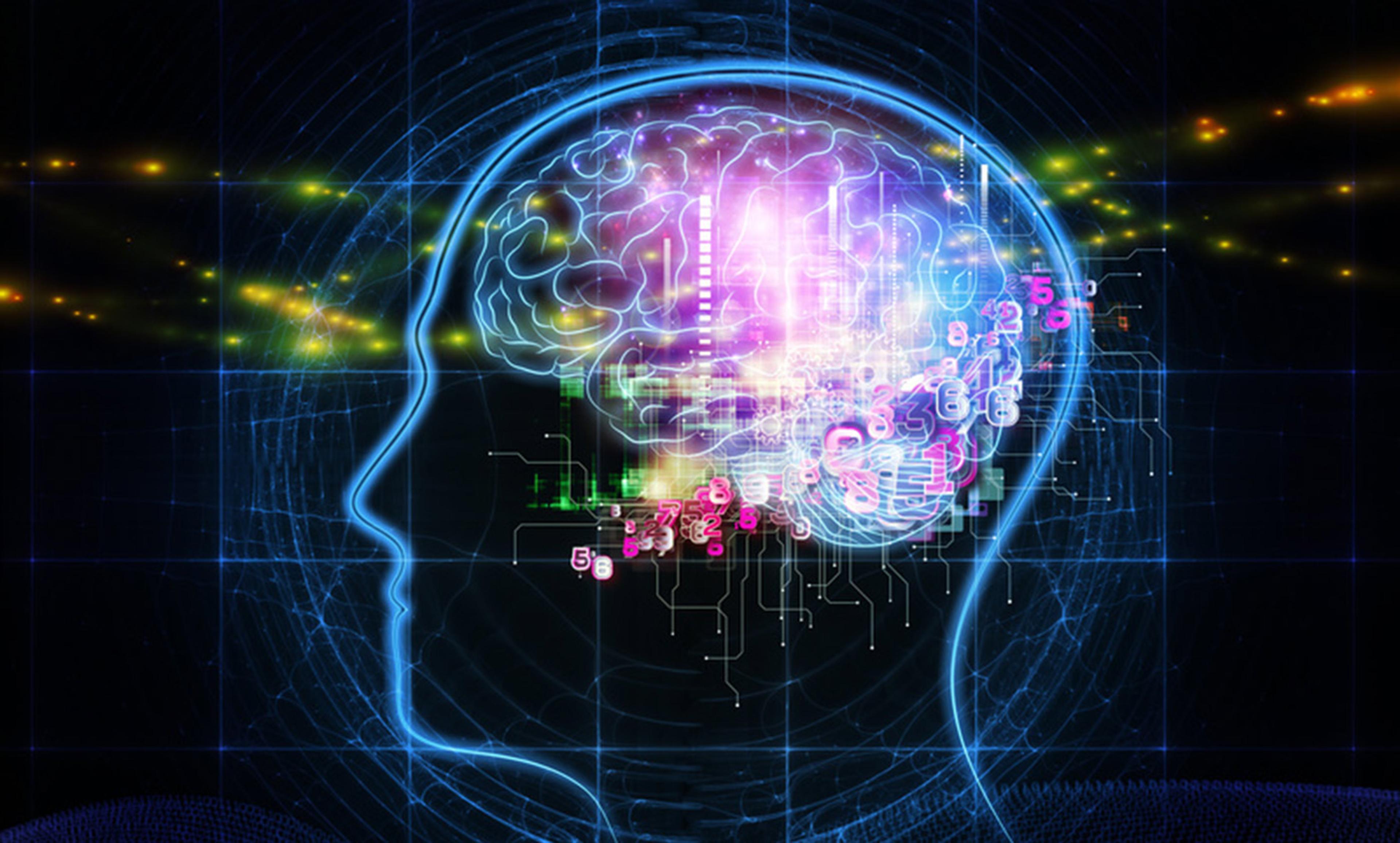Black Mirror: Bandersnatch (2018). Courtesy Netflix
In the interactive choose-your-own-adventure movie Black Mirror: Bandersnatch (2018), viewers get to puppeteer the main character, Stefan. It starts innocently enough with such things as determining his choice of breakfast cereal, but events quickly take a dark turn, and you might well find yourself dictating how to get rid of his father’s body. But this tampering with Stefan doesn’t go unnoticed: he regularly complains about a sense that someone else is controlling his life, implanting urges in him that aren’t quite his.
While this kind of puppeteering might be amusing in a fictional world, it seems obvious why it would be abhorrent in reality. Such direct control over an autonomous adult’s choices would go against even the mellowest ethical theories.
It’s no surprise, then, that behaviour-changing neurointerventions are contentious. We don’t like losing control over what we do. While libido-diminishing drugs for sex offenders have been in use for decades, our growing ability to tweak brains directly might soon be used to reduce aggression and racial bias, enhance trust, and ultimately modify our values. And while there might be many valid objections to such a prospect, a recurring one is that such interventions can override a person’s choices without engaging their rational capacities. That is, rather than using reason to convince people to change their behaviour themselves, neurointerventions merely turn a hormonal or neural switch on or off, robbing them of control over their life. This seems worrying – or at least evocative of Bandersnatch and other Big Brother-themed dystopias.
But I want to suggest that the loss of control that might be delivered by some neurointerventions is not really the issue because we are never actually in control anyway, even though it might seem that we are. The real issue is that the subjects of these neurointerventions might become alienated from their own thoughts and behaviours.
Let me explain. Think of individuals suffering from alien hand syndrome. Much like Stefan, these are people who – typically after neurosurgery or a stroke – find that one of their hands has started acting of its own volition. In mild instances, the rebellious hand might stroke their face and hair without their knowledge or will. In more macabre ones, it might attempt punching or even strangling them, or someone else.
It is worth remembering, however, that while few of us would unintentionally punch or strangle ourselves, we are all regularly scratching, rubbing, fiddling and adjusting various bits of our bodies without conscious intent or even recollection. What makes an alien hand different is not that it behaves without our intent or knowledge, but that it behaves in ways that do not cohere with other wants or wishes – such as our desire to be able to stop such movements when we want to. In other words, there is a difference between directly controlling our actions, and finding ourselves behaving in ways that do not align with how we want to behave at a particular moment. A sense of coherence – of relative harmony between our beliefs, our desires and our actions – rather than control is what actually matters to us.
We can see this by looking at the nature of our mental lives, and our utter lack of control over them. Even a cursory attempt at introspection will show that thoughts and impulses simply arise in consciousness without will or intent. The source of the contents of our consciousness is always a mystery to us: things just pop into our minds. We can no better predict our next thought than we can predict the next words to come out of a stranger’s mouth. Even to attempt to predict our thoughts is in itself to think, and therefore to change our thoughts.
Of course, we can deliberate, and we can respond to thoughts and impulses with further thoughts and impulses until we reach some consistent conclusion. But even such a process is, in a sense, automated: a thought happens to arise at the time and with the weight that it does, which then triggers a cascade of further thoughts. But each of those cascading thoughts itself happens to arise the way that it does without any will, intent or foresight on our part.
To illustrate, consider the experience of responding to this request: think of a number between one and 100.
Pay attention to what that process is like. A number simply comes to mind. Perhaps the number that you settled on arose because it holds a special significance for you – imagine you think of 77, and you are born on 7 July 1977. Suppose that this then creates an urge to think of a different, less self-centred number, and so 52 pops into mind for no seeming reason accompanied by a vague sense that it is satisfactory.
Note how nothing about that process is in any sense consciously directed or willed: 77 happened to pop into your mind, and the thoughts about why 77 came to mind also happened to come to mind at that particular instance. Likewise, the urge to change your chosen number happened to arise and, finally, the number 52 happened to come to mind along with a sense that it is adequate. You might insist that, had you wanted to, you could have chosen a different number. But the point here is that, whether you wanted to or not is not something anyone wills. We do not decide which desires arise in us at a particular instant, including whether we find those desires adequate or not. In terms of the experience of having thoughts and desires, their source is always an introspective mystery, as though each one were implanted in us by some godly Netflix viewer. Which is all to say, we are not in any relevant sense the conscious authors of our mental lives, nor the actions that flow from them.
But if we are not in control of our mental lives, why is it then so distressing when people pathologically ‘lose their minds’? Again, I’d say that the cause for distress in such cases is not actually the loss of control, but the intrusion of alien perceptions, thoughts and impulses. What is in part disturbing about, say, schizophrenia is not that mental content arises unbidden to mind – something we all suffer from – but that specifically intrusive, alien mental content arises that is also unresponsive to other, more rational (though ultimately just as undirected) mental content. As with alien hand syndrome, what is disturbing is not the loss of control but the intrusion of experiences that go against other, more abiding wishes (such as the wish not to be subjected to terrifying hallucinations, and so on).
Returning to Stefan, the source of his suffering then wasn’t that he felt his choices were being ‘made for him’, but that he found himself making choices that were strange to him – choices that he could not immediately make sense of given the usual assortment of things that typically (though still mysteriously) pop into his mind. Again, it’s the alienation from his choices that is troubling, not his lack control over those choices.
If I’m right about this, perhaps the real problem with behaviour-changing neurointerventions isn’t that they might rob us of control, but that they might make us think or act in ways that are alien to what we have so far been, ways that are potentially disturbing both to us and to those who know us well.






